Epic Fantasy: Notes Toward a Definition
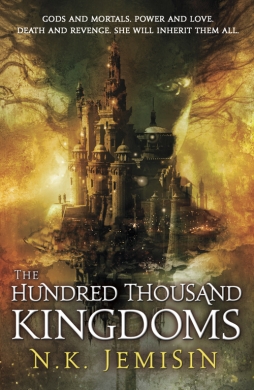 While one controversy about morality and fantasy was being thrashed out around these parts last week, another, quieter, discussion seemed about to get underway in the fantasy blogosphere. N.K. Jemisin began a discussion about “feminization” (her quote marks), sexual explicitness, and the male gaze in epic fantasy, which also involved considering the ways in which female-authored texts were presented to readers. The conversation was continued in a number of places around the web.
While one controversy about morality and fantasy was being thrashed out around these parts last week, another, quieter, discussion seemed about to get underway in the fantasy blogosphere. N.K. Jemisin began a discussion about “feminization” (her quote marks), sexual explicitness, and the male gaze in epic fantasy, which also involved considering the ways in which female-authored texts were presented to readers. The conversation was continued in a number of places around the web.
This is a potentially massively interesting topic about which I actually don’t have that much to say — because, in what looks like an example of a feedback loop at work, I haven’t read most of the writers Jemisin and others have mentioned. In fact, though I try to maintain a basic familiarity with contemporary fantasy fiction, many of the names they mention are completely unfamiliar to me. So this certainly goes some distance toward increasing my interest in examining the way certain writers are marketed and reviewed, and I’d like to see this discussion developed further.
What I’d like to contribute here is a bit of possibly-meaningless pedantry about definitions. To ask why certain books, specifically books by women, are not described, categorised, or marketed as epic fantasy means having a solid idea of what epic fantasy is. Jemisin noted that she herself was unsure whether some of the books she thought of as ‘epic’ would actually count for most people as epic fantasy. So what is an epic fantasy?
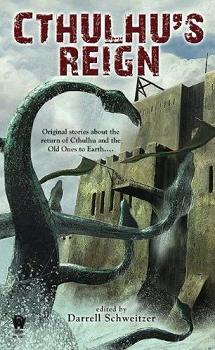 One of my very own stories has just been included in the TANGENT ONLINE RECOMMENDED READING LIST for 2010. The tale is “This Is How the World Ends,” from the CTHULHU’S REIGN anthology (DAW).
One of my very own stories has just been included in the TANGENT ONLINE RECOMMENDED READING LIST for 2010. The tale is “This Is How the World Ends,” from the CTHULHU’S REIGN anthology (DAW). Also on the list is a terrific story by an amazing writer, “In the Dreaming House” by Darrell Schweitzer, which ran in SPACE & TIME #110. Nobody writes a dark fantasy tale like Darrell…he is a true Master. BTW, you can still order this issue from the SPACE & TIME website. I’ve also got a new story, “The Gnomes of Carrick County,” coming up in S&T later this year.
Also on the list is a terrific story by an amazing writer, “In the Dreaming House” by Darrell Schweitzer, which ran in SPACE & TIME #110. Nobody writes a dark fantasy tale like Darrell…he is a true Master. BTW, you can still order this issue from the SPACE & TIME website. I’ve also got a new story, “The Gnomes of Carrick County,” coming up in S&T later this year. 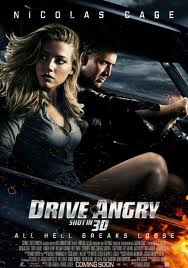
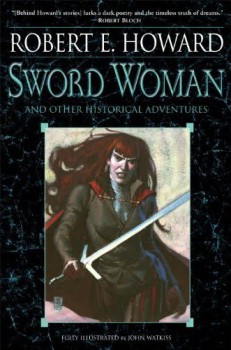
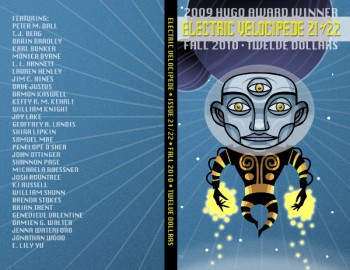
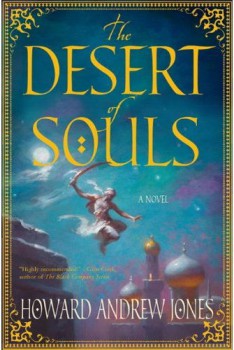
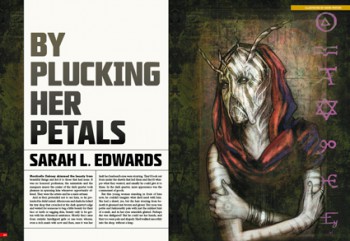
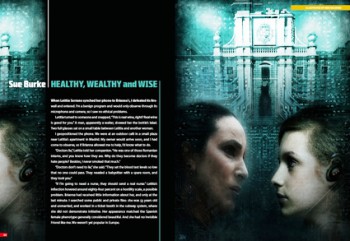
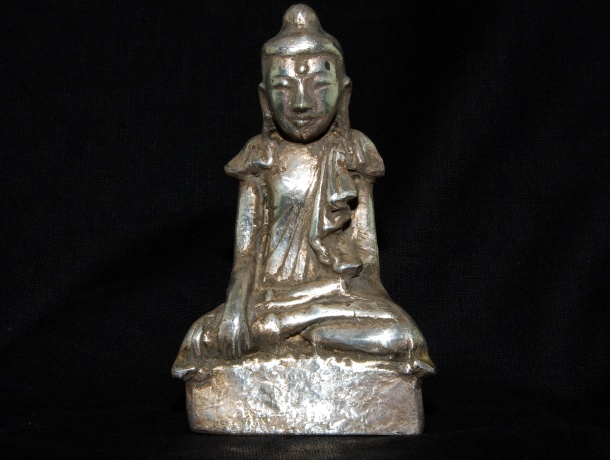
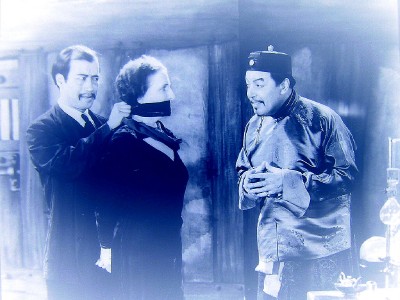

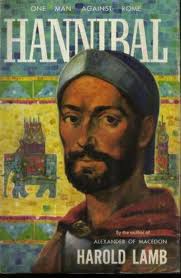 In
In